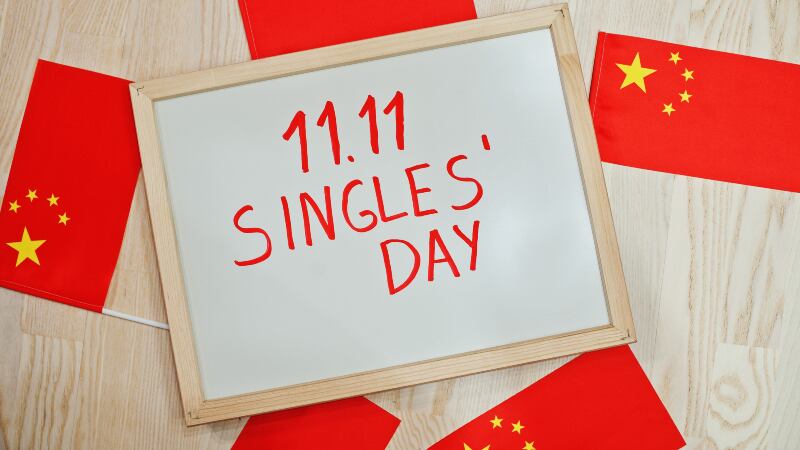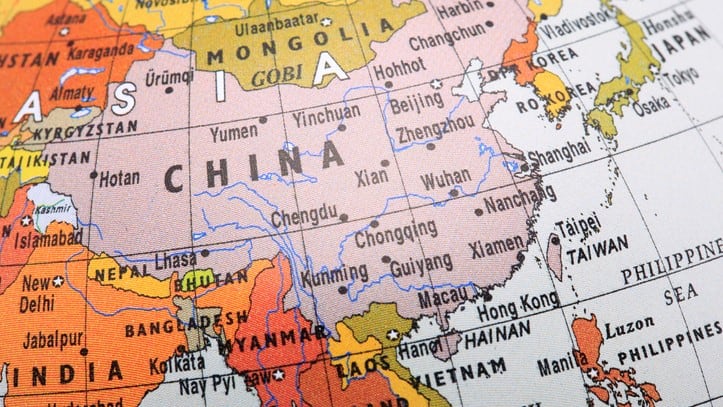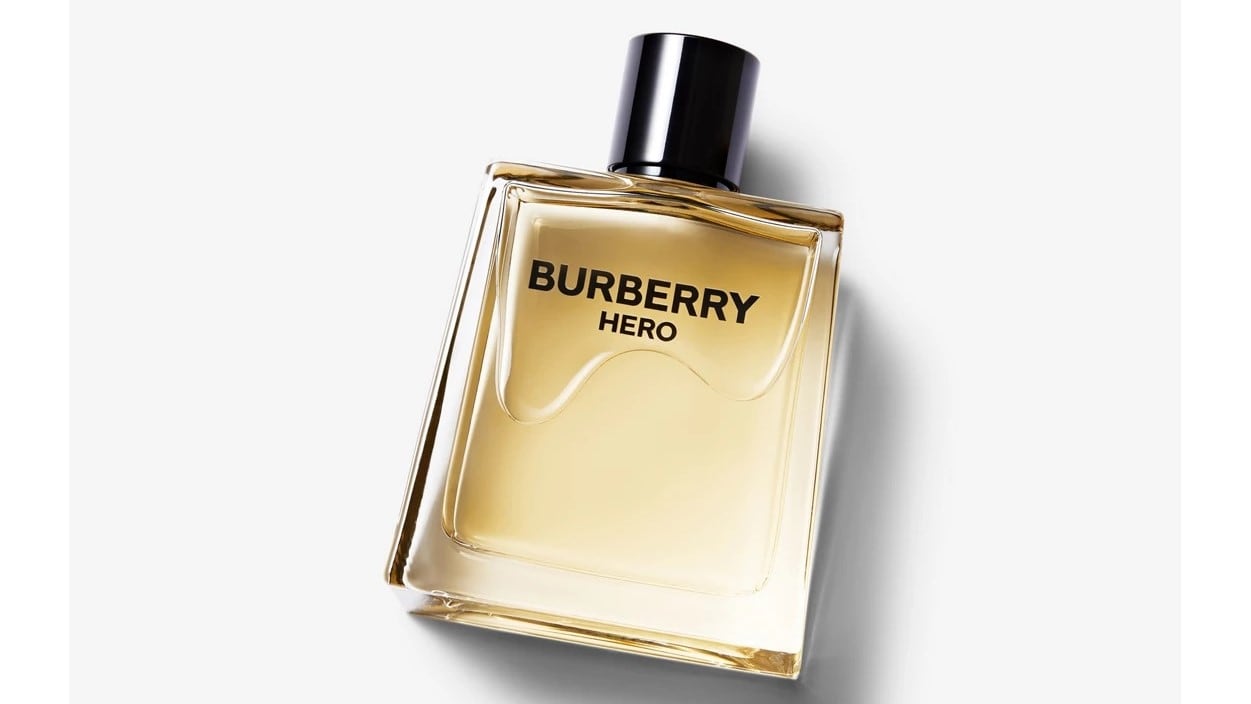Commonly known as Double 11, the mega online shopping event saw the continued popularity of the cosmetics category. Specifically, skin care reached a GMV of CNY58.2bn (USD8bn), while the GMV of makeup and fragrances amounted to CNY20.4bn (USD2.8bn).
In terms of platform performance, Tmall and JD.com have maintained their strongholds — Tmall accounted for 68% of sales in skin care, and 70% in makeup and fragrances; JD.com constituted 28% of sales in skin care, and 19% in makeup and fragrances.
These figures were released by Chinese data company Syntun in a post-event report.
Notably, sales of international brands L’Oréal Paris, Estée Lauder, and Lancôme fell by 14.7%, 24.4%, and 16.9% respectively on Tmall.
“In contrast, domestic beauty brands performed exceptionally well for this year’s Double 11, challenging the long-standing dominance by international brands. Hangzhou-headquartered Proya claimed the top spot [on Tmall’s best-selling ranking], which marks the first time in six years that a Chinese cosmetics brand has done so,” said Rita Bao, market research analyst at ChemLinked.
In addition, cosmeceutical brand Winona made its inaugural entry into top five, after six consecutive years among the top 10. Other Chinese brands, including CHANDO, Kefumei and QuadHA, also made it into the top 20 rankings.
This is significant as Japanese majors SK-II and Shiseido dropped out of Tmall’s top ten rankings for the first time since 2016.
“This shift may be attributed to negative consumer sentiments toward Japanese brands following Fukushima’s release of radioactive wastewater. Starting from July this year, China’s cosmetic imports from Japan have significantly declined, going down by over 30% YoY, 16% YoY and 25% YoY in July, August and September, respectively,” Bao explained.
In the makeup category, YSL was the best-seller while Proya Group-owned Timage clinched second place following a 98% growth.
Top 20 rankings for the fragrances category, however, were dominated by international brands, with only one Chinese brand, Boitown, coming in at 19th position.
It is also noteworthy that niche luxury brands such as Maison Margiela, Byredo, Diptyque, and L’Artisan Parfumeur also snagged spots on the chart.
In comparison, international brands like L’Oréal Paris, Lancôme, and Estée Lauder occupied the sales chart on JD.com, with Proya being the only Chinese brand standing among the giants.
Growing prominence of Douyin
Among the live commerce platforms, Douyin performed the best with a total GMV of CNY21.52bn (USD3bn) for cosmetics, which reflected a YoY growth of 38.87%.
In 2022, the threshold for skin care brands to enter the top 20 list was CNY50m (USD7m). This year, it doubled to CNY100m (USD14m), with the top four brands attaining GMV that exceeded CNY500m (USD70m).
As companies are said to be increasingly placing emphasis on Douyin, brands such as L’Oréal Paris, Estée Lauder, and La Mer retained a relatively stable presence on the chart, while Lancôme and Helena Rubinstein jumped up places in the ranking.
On the flip side, some South Korean brands experienced a decline in sales. For instance, Whoo fell from first to eighth position, and Sulwhasoo dipped below the top 50 rankings.
In the makeup category, China’s domestic brands, including emerging ones like Timage and Funny Elves, secured seven out of the top 10 spots.
At the same time, white-label brands have gained “huge exposure” on Douyin due to celebrity endorsements and continuous live-streaming across multiple accounts.
“However, these white-label brands face challenges such as exaggerated marketing, heavy reliance on a single live-streaming platform, and inadequate after-sales service. It remains to be seen whether these brands can adapt and evolve in the long run,” Bao added.





